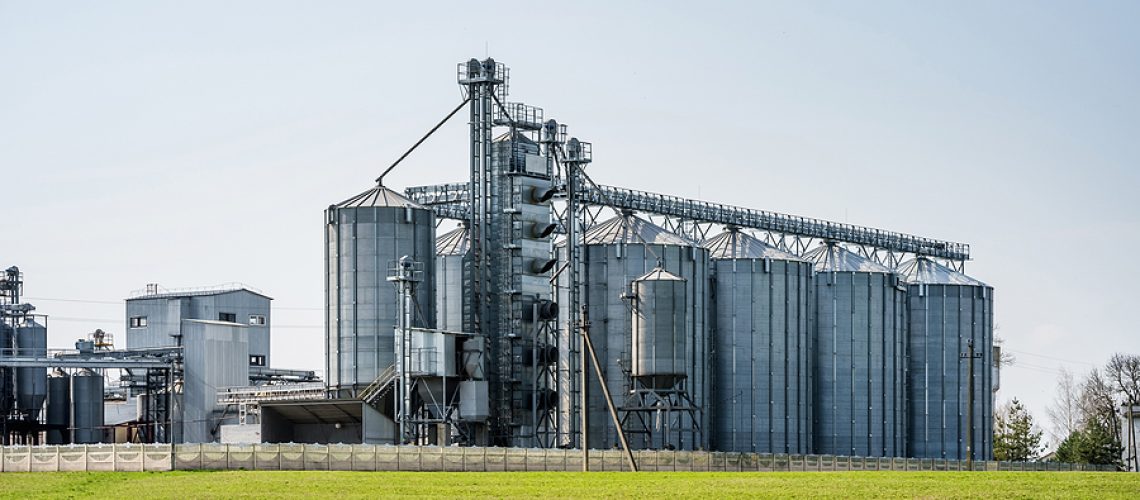Drastic changes need to be made to reduce the impacts of food production and consumption
As the previous chapters have explained, food production and consumption have a significant impact on the planet. It is, therefore, abundantly clear that changes need to be made throughout the global food system.
At a consumer level, dietary changes will play an important role in mitigating these effects. Most food products harm the natural world, but animal-based products are by and large the biggest contributors, especially in terms of emissions. Many experts see a shift towards plant- based foods as a way of alleviating the environmental damage caused by food products. This would include meat alternatives and, in the future, adding lab-grown meats or even insects to diets. Reducing food waste and loss will also be key due to its associated greenhouse gas emissions.
However, personal changes will not be enough to make a real difference. The promotion and practice of responsible farming will be
imperative in the years to come. This could include smart farming solutions that utilize the latest precision agriculture and precision livestock farming technologies. Other sustainable farming practices like crop rotation and agroforestry can also provide environmental benefits, such as reducing soil erosion, desertification, and water pollution.
Additionally, agriculture needs to be included in government legislation and policies, requiring farming businesses and associations to achieve net zero targets like those in other industries. Companies can also act by establishing sustainability goals, using products that have a minimal environmental impact, and obtaining certification labels through organizations such as Fairtrade and Rainforest Alliance.
An encouraging success story has been the purchase moratorium on soybeans in Brazil, which reduced deforestation in the Amazon. Brazil’s Amazon soy moratorium was a voluntary agreement among commodity traders to refrain from purchasing soy grown on deforested land.
Changes to shopping and eating habits could potentially help reduce the environmental impacts of food
One of the main ways consumers can mitigate the impacts of the food system is by changing dietary and eating habits. However, this will be a challenge. While there is evidence to show the food industry’s detrimental effect on the planet, many people are still unaware of the issue. In a survey with EU consumers, 63 percent believed their food habits did not have a negative impact on the environment.
The world’s love of meat is another challenge, with 32 percent of European respondents saying they are not prepared to reduce the amount of meat they eat, despite the impacts of industrial livestock farming.
Precision agriculture is on the rise
Improved agricultural practices will be imperative in reducing the environmental impact of the global food system. New technologies are being implemented in farms, such as precision farming techniques for irrigation, fertilization, and field monitoring. Modern approaches like these can increase productivity, improve efficiency, and reduce costs.
In South America, the precision agriculture market has experienced growth in recent years for applications like advanced monitoring equipment, as well as software that can determine how much fertilizer should be applied to fields. These smart solutions are providing farmers with opportunities, delivering both environmental and economic benefits.
Source: Statsita


